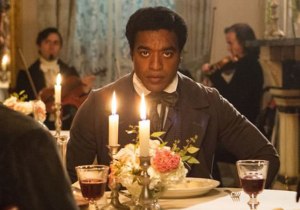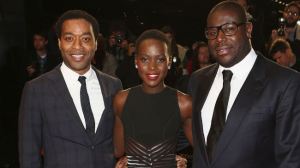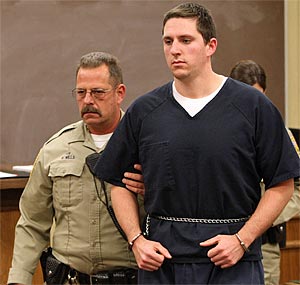As of last week, my first book of poetry, My Life, My World, My Truth has been available for purchase on Authorhouse.com. I have been dreaming of my poetry being published for years and had been editing and writing this book since early 2008. Over the last couple of years, I wasn’t sure when I would finish the book. I had made my deposit for the book to be published in late 2007, not having any idea of how much material I had to publish. The Author House representative told me not to worry because he had a writer pay for a book and come back five years later with his finished product. Thankfully, I didn’t take that long.
There were a few times when I had to stop for a few months because of work and other responibilities. Plus, some of the poems were just difficult to get through because I remember many of the emotions I was going through at the time of their creation (especially the love poems). So, it took a while to get it right and ready for the world. I finished my manuscript first draft in February and finalized the manuscript in April. Thereafter, I had to figure out my ideas for the cover art and approve the final galley. Everything went to print in mid-July.
Below is a list of the poems in the book with the original date that they were written. Some of the poems in the book were changed a lot from the original pieces. However, most of the poems are very similar to their original versions.
I. Butterscotch & Now-and-Laters
We the Poets – pg.1 (2005)
Sun Journal – pg. 2 (2000)
Jayku (Ode to the Dance) – pg.3 (2006)
I Am Africa (I Am the Motherland) – pg.4 (2002)
Haiku – pg. 6 (2006)
Follicle – pg. 7 (2007)
Haiku – pg. 8 (2006)
NGBA (No Good Brothas Available) – pg. 9 (2007)
Haiku – pg. 11 (2006)
I am Going to Fly Today – pg. 12 (2007)
Word Life – pg. 13 (2006)
The Truth – pg. 14 (2004)
Harm/Harmless – pg. 15 (2002)
Haiku – pg. 16 (2006)
I Want to Cry Today – pg. 17 (2001)
Why? – pg. 18 (2007)
Isn’t it strange? – pg. 19 (1997)
Haiku – pg. 20 (2007)
Haiku – pg. 21 (2007)
The Tragic Negro – pg. 22 (2005)
Haiku – pg. 23 (2006)
Moody Artist Rains – pg. 24 (2008)
Haiku – pg. 25 (2006)
They Never Told Me… – pg. 26 (2001)
Hazy Moon – pg. 27 (2006)
Anniversary (9/11… ’02) – pg. 28 (2002)
Playas, Pimps, and Posers – pg. 30 (2005)
It’s a Black Woman’s World – pg. 31 (1999)
Nothing Nothings – pg. 32 (2008)
I Can Fly Higher Now – pg. 33 (2001)
On Gorgeous Day – pg. 34 (2009)
Butterscotch & Now-and-Laters – pg. 35 (2005)
II. Scorpio: Love Poems and Not-So-Ordinary Love Poems
Ode to the Sister I Saw on the Train Last Week – pg. 39 (2001)
Soul Mate – pg. 40 (2004)
Beautiful One: a goodbye letter – pg. 41 (2007)
Seasons Change – pg. 42 (2007)
Haiku Raw #1 – pg. 44 (2006)
Haiku – pg. 45 (2006)
Sensual – pg. 46 (2003)
Queen – pg. 47 (1999)
Haiku (for Tupac Amaru Shakur) – pg. 48 (2006)
Haiku – pg. 49 (2006)
Haiku – pg. 50 (2006)
Haiku – pg. 51 (2006)
Haiku – pg. 52 (2006)
Trust Love – pg. 53 (2010)
Shortly – pg. 54 (2007)
A Poem for Kendrah D. – ‘Get Familiar’ – pg. 55 (2007)
Conversations – pg. 56 (2006)
Yo’ Chocolate – pg. 57 (2009)
Renaissance Woman – pg. 58 (2008)
Haiku – pg. 59 (2006)
Sensual pt. 2 – pg. 60 (2007)
Haiku (for Kelechi) – pg. 61 (2006)
Haiku (for Kayonia) – pg. 62 (2006)
Stand in Your Truth (LaTesha’s poem) – pg. 63 (2008)
Shining Star (Jada’s poem) – pg. 64 (2008)
Haiku – pg. 65 (2006)
Haiku – pg. 66 (2006)
Haiku – pg. 67 (2006)
You Are – pg. 68 (2002)
Khrishnuku – pg. 69 (2006)
Haiku -pg. 70 (2006)
Haiku – pg. 71 (2006)
Haiku – pg. 72 (2006)
Sweet Melody – pg. 73 (2009)
Haiku Raw #2 – pg. 74 (2006)
The Other Man – pg. 75 (2005)
Haiku – pg. 76 (2006)
Haiku – pg. 77 (2006)
No More Mister Love Poem – pg. 78 (2002)
Haiku (for the single mother) – pg. 79 (2009)
A Promise to my Future Child – pg. 80 (1998)
I have a new story to tell (Sio’bhan’s poem) – pg. 81 (2008)
Haiku – pg. 82 (2007)
Scorpio – pg. 83 (2009)
III Can a Poem Kill AND Give Life [?]
Can a Poem Kill? – pg. 87 (2001)
Reality Check – pg. 88 (2003)
Haiku – pg. 92 (2006)
My Revolution Has a Cause – pg. 93 (2002)
Haiku – pg. 95 (2006)
Put on Your Glasses for ‘07 – pg. 96 (2007)
Practicality – pg. 97 (2004)
Haiku – pg. 98 (2007)
SLAVE TO REALITY – pg. 99 (2006)
Sellouts with Guns – pg. 101 (2007)
Haiku (for the “Jena 6”) – pg. 102 (2007)
What it is – pg. 103 (2001)
Don’t Wanna be Scared of Brothas – pg. 104 (2006)
Corporate Sponsored Revolutions – pg. 106 (2006)
The Realness – pg. 107 (1998)
Haiku (for Obama) – pg. 110 (2010)
Contemplate – pg. 111 (2002)
Uncle Dubya’ – pg. 112 (2007)
Stand Up – pg. 114 (2004)
Haiku – pg. 115 (2010)
On November 2008 – pg. 116 (2008)
Blasphemy – pg. 118 (2003)
Haiku – pg. 121 (2010)
Dream – pg. 122 (2003)
Haiku – pg. 124 (2010)
Toussaint’s People – pg. 125 (2010)
Poet-economics – pg. 126 (2009)
The Last Poem – pg. 129 (2008)



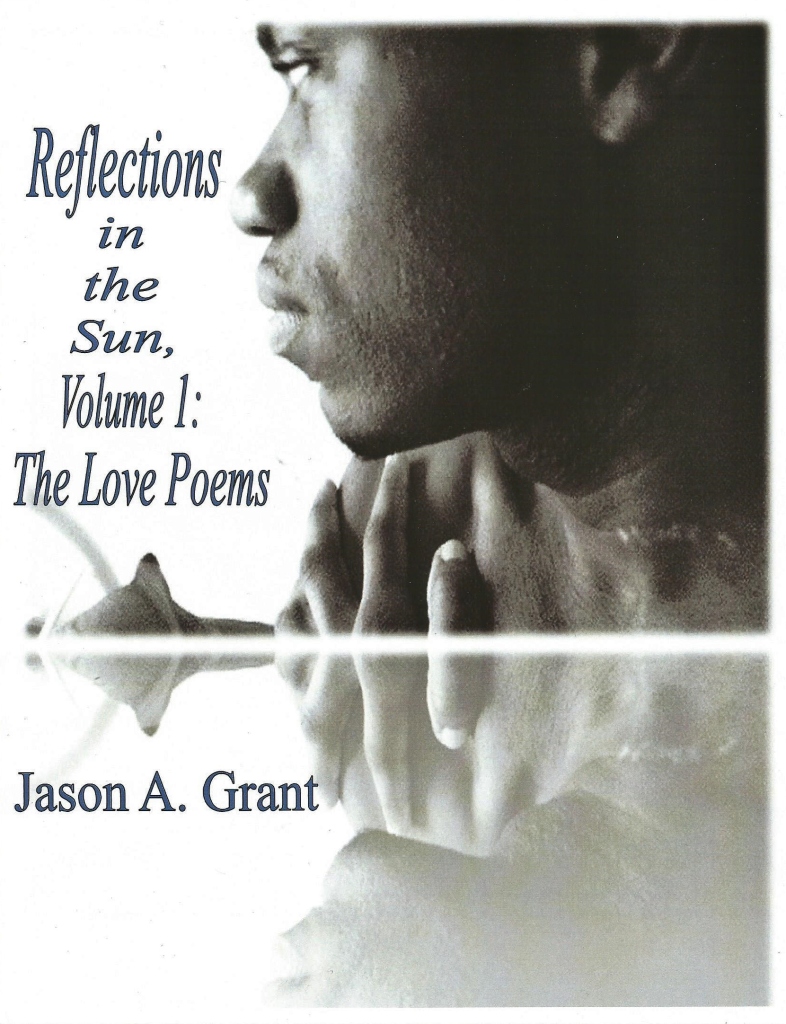


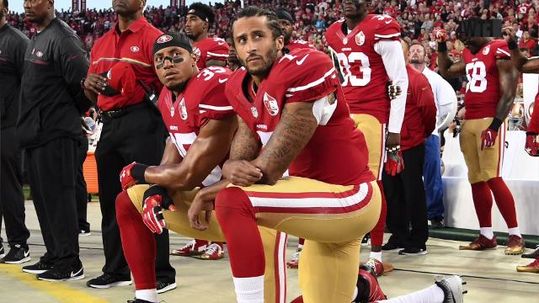
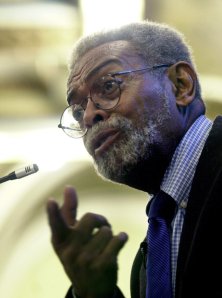 I remember when Amiri Baraka came to Syracuse University for a lecture. It was a big deal that he was coming, and many students realized this. The place was packed and we were hanging on every word he spoke. This was also the first time I heard him perform his poem, “Somebody Blew Up America.” This poem was written in the aftermath of the events of September 11, 2001. The poem was pure fire! There was obvious controversy, but no one dared say anything to him that night. Baraka was unapologetic anyway… as always.
I remember when Amiri Baraka came to Syracuse University for a lecture. It was a big deal that he was coming, and many students realized this. The place was packed and we were hanging on every word he spoke. This was also the first time I heard him perform his poem, “Somebody Blew Up America.” This poem was written in the aftermath of the events of September 11, 2001. The poem was pure fire! There was obvious controversy, but no one dared say anything to him that night. Baraka was unapologetic anyway… as always.